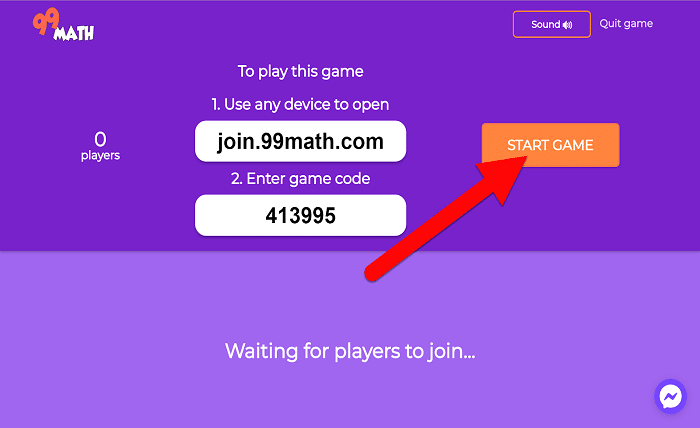99Math Game Code: A Deep Dive into the World of Math Games

Introduction
The 99Math game code is a fascinating piece of software that has captivated millions of players around the world. This simple yet addictive game challenges players to solve math problems quickly and accurately. In this blog post, we will delve into the world of 99Math game code, exploring its core mechanics, educational benefits, and the potential for creating your own math games.
The Core Mechanics of 99Math Game Code
At its core, the 99Math game code involves a simple concept: players are presented with a series of math problems, and they must solve them as quickly as possible. As they progress through the levels, the difficulty of the problems increases, requiring players to think critically and apply their math skills.
The Educational Benefits of 99Math Game Code
Beyond its addictive gameplay, the 99Math game code offers several educational benefits:
- Improved Math Skills: By practicing math problems in a fun and engaging way, players can improve their arithmetic skills, including addition, subtraction, multiplication, and division.
- Enhanced Cognitive Abilities: The fast-paced nature of the game helps to improve cognitive abilities such as attention span, focus, and problem-solving skills.
- Increased Motivation: The game’s reward system, such as high scores and achievements, can motivate players to practice math regularly.
Creating Your Own 99Math Game Code: A Step-by-Step Guide
If you’re interested in creating your own math game, there are several programming languages and frameworks you can use:
- Python: A beginner-friendly language that’s perfect for creating simple math games.
- JavaScript: A versatile language that can be used to create web-based math games.
- Unity: A powerful game engine that allows you to create complex and visually appealing math games.
To create your own 99Math game code you’ll need to follow these steps:
- Define the Game Mechanics: Determine the core gameplay loop, including the types of math problems, difficulty levels, and scoring system.
- Design the User Interface: Create a user-friendly interface that is easy to navigate and visually appealing.
- Implement the Game Logic: Write the code that handles the game’s mechanics, such as generating math problems, checking answers, and updating the score.
- Test and Debug: Thoroughly test your game to identify and fix any bugs or errors.
- Add Sound Effects and Music: Enhance the gaming experience with sound effects and music.
- Deploy the Game: Choose a platform to distribute your game, such as a website, app store, or game console.
The Role of Gamification in Education
Gamification is the process of incorporating game-like elements into non-game contexts, such as education. The 99Math game code is a prime example of how gamification can be used to make learning more engaging and effective. By incorporating challenges, rewards, and competition, gamification can motivate learners and improve their retention of knowledge.
The Future of Math Games
The future of math games is bright, with advancements in technology and AI opening up new possibilities. We can expect to see more innovative and interactive math games that cater to a wide range of learning styles and preferences. Additionally, virtual and augmented reality technologies may be used to create immersive math gaming experiences.
Conclusion
The 99Math game code has proven to be a popular and effective tool for learning math. By understanding the core mechanics, educational benefits, and the process of creating your own math game, you can harness the power of gamification to make learning math fun and engaging. As technology continues to evolve, we can look forward to even more exciting and innovative math games in the future.
FAQs
- What are some other popular math games? Some other popular math games include Sudoku, KenKen, and Math Duel.
- How can I improve my math skills by playing 99Math? By consistently playing 99Math, you can improve your arithmetic skills, problem-solving abilities, and mental math speed.
- Can I create my own math game without any programming experience? Yes, you can use visual programming tools like Scratch or GameMaker Studio to create simple math games without writing code.
- What are the benefits of using gamification in education? Gamification can increase student motivation, engagement, and retention of knowledge. It can also foster creativity, problem-solving skills, and collaboration.
- How can I make my math game more challenging? To make your math game more challenging, you can increase the difficulty of the problems, reduce the time limit, or add more complex game mechanics.




